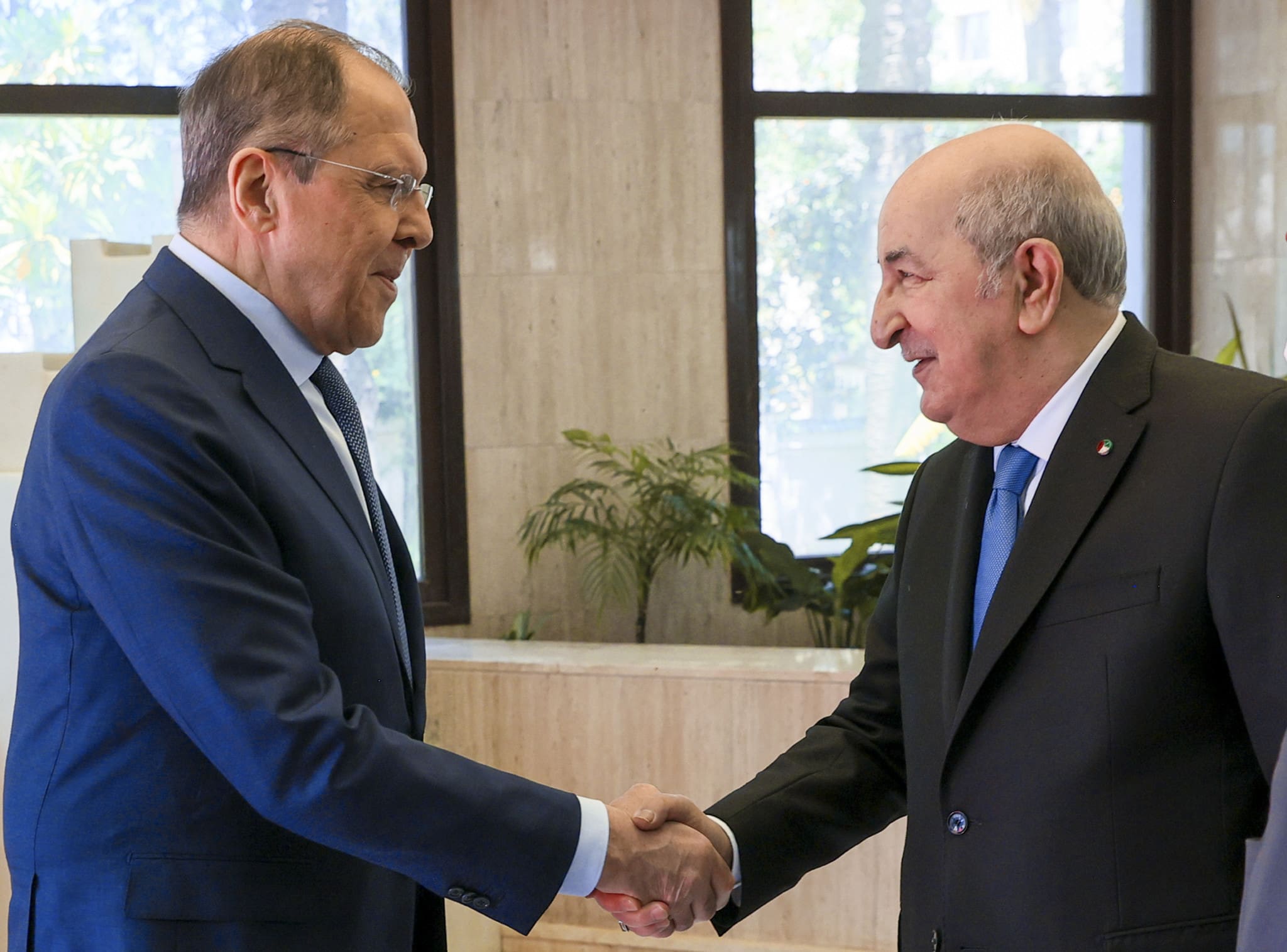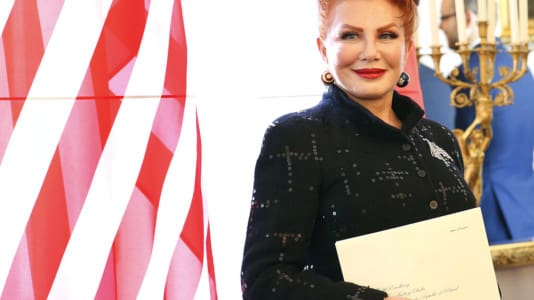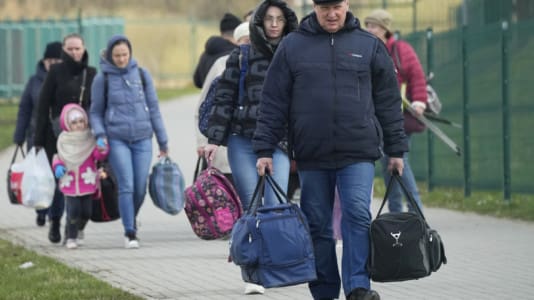Europe is facing another down another major foreign policy debacle, as Algeria, like Russia, is turning against the European Union. The government in Algeria, supported by President Abdelmadjid Tebboune, has decided not to renew a key partnership treaty with Spain and unilaterally frozen trade relations with Europe. In addition, the North African country could cut natural gas supplies to Spain, a move that could send already rising gas prices and inflation even higher for Europeans reeling from sticker shock.
On top of all these issues, there is the threat of illegal immigration from Algeria, which is a major launch point for migrants from Africa seeking to reach Europe. On June 8 alone, 113 migrants from African countries landed on the island of Mallorca, a record number this year. Madrid fears that Algeria is using illegal migration as a political means to negotiate with Spain and the European Union.
[pp id=35731]
With over half of the young people of Africa seeking to emigrate and signs that a looming food crisis could push Africans to reach Europe by any means possible, Algeria knows it has a substantial bargaining chip. Morocco used the same strategy last year when it opened its borders and allowed several thousand refugees to enter the Spanish exclave of Ceuta.
However, perhaps the most sensitive spot for the EU is energy, and Algeria is showing signs it may wield natural gas as a tool to get its way. Algeria is the second-largest natural gas supplier to Spain, covering about a quarter of its consumption. Across the EU, Algeria supplies approximately a tenth of the bloc’s gas needs. Last November, the country shut flows through the Maghreb-Europe Gas Pipeline (MEG), which runs through Morocco to Cordoba in Spain’s Andalusia and has a capacity of 12 billion cubic meters of gas yearly.
[pp id=40138]
Algeria, which has aligned itself with Russia and refused to condemn Russia’s invasion of Ukraine, has its reasons for pursuing a more aggressive strategy against Spain and the EU.
Algeria fiercely disagrees with the position of Spain, which is supporting Morocco in the dispute over Western Sahara, according to a report from Czech news outlet Tydenikhrot. Madrid occupied this territory until 1975 when Rabat annexed it. The Polisario Front, supported by Algeria, also claims the desert area as its territory. In March, the Spanish government, led by the socialist Pedro Sánchez, dropped its previous stance of neutrality in the dispute and supported Morocco’s demands to make Western Sahara an autonomous region.
The move created a great wave of resentment in Algeria, and President Tebboune halted an agreement to repatriate thousands of refugees from Europe back to Africa. Later, the state gas and oil company Sonatrach announced that it was raising gas prices for Spain. The state-owned company also signaled it would deepen its cooperation with Russian giant Gazprom on new gas projects in Africa.
Spain’s latest steps are likely to lead to a sharpening of relations with Algeria at a time when this is not desirable due to the war in Ukraine. The Spanish newspaper El País even writes about a new frontline being created on the southern border of Europe.
The European Commission also took part in the diplomatic battle, warning Algeria the bloc would impose sanctions if it imposed a Spanish trade blockade. Tebboune subsequently promised that the contracted gas supplies to Spain would continue; however, the EU is increasingly worried whether the government will keep its promise.





